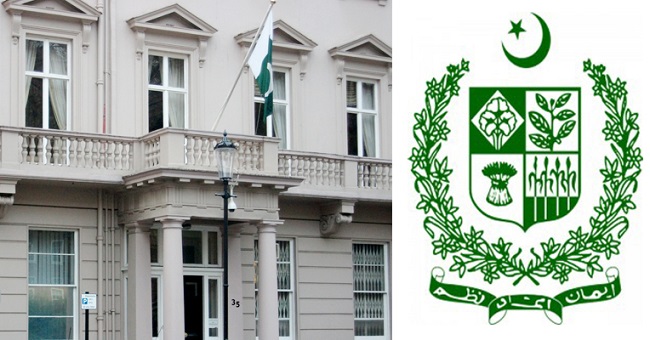UK
Reforms to UK’s Antiquated Spying Laws

Reform is needed to bring the law into the 21st century and protect the United Kingdom from espionage (spying) and unauthorised disclosures (leaks), according to a report from the Law Commission that has been laid in Parliament today [01 September 2020]. In the last twenty years, new communications and data technology has changed the nature of espionage and leaks. For example, hostile states can conduct cyber-attacks on the UK through multiple servers across multiple countries. At the same time, the potential impact of spying and leaks has increased: a single disclosure could contain terabytes of data. However, the Official Secrets Acts 1911, 1920, 1939 and 1989 that help protect the country from spying and leaks are outdated and no longer fit for purpose. The Law Commission’s recommendations aim to ensure the law can protect against the nature and scale of modern threats and allow Government to respond effectively to illegal activity. At the same time, our aim is for the recommendations to be proportionate, in line with human rights obligations and ensure that Government can be held to account.
Recommendations Include: 1) A statutory public interest defence should be available for anyone – including civilians and journalists – charged with an unauthorised disclosure offence under the Official Secrets Act 1989. If it is found that the disclosure was in the public interest, the defendant would not be guilty of the offence. 2) Updating the archaic language of the Official Secrets Acts to ensure the legislation is fit for purpose. For example, we recommend replacing the word “enemy” with “foreign power”, which would include terrorist organisations and companies controlled by a state. 3) For prosecutions of public servants (crown servants and contractors) who leak information, we recommend removing the requirement to prove that the leak caused damage. Instead, the offence should require proof of a sufficiently culpable mental state (which should be decided by Parliament). For example, knowledge or belief that the disclosure would cause damage. 4) For cases of espionage carried out against the UK from abroad, we recommend that an offence would be committed irrespective of whether the individual is a British citizen, provided there is a significant link between the individual’s behaviour and the interests of the United Kingdom. 5) Public servants and civilians should be able to report concerns of wrongdoing to an independent statutory commissioner who would be tasked with investigating those concerns effectively and efficiently. 6) Parliament should consider increased maximum sentences for the most serious offences in relation to leaks. However, the Law Commission does not make a recommendation on what new maximum sentences should be.
Read more: Law Commission, https://is.gd/YuGm7y





